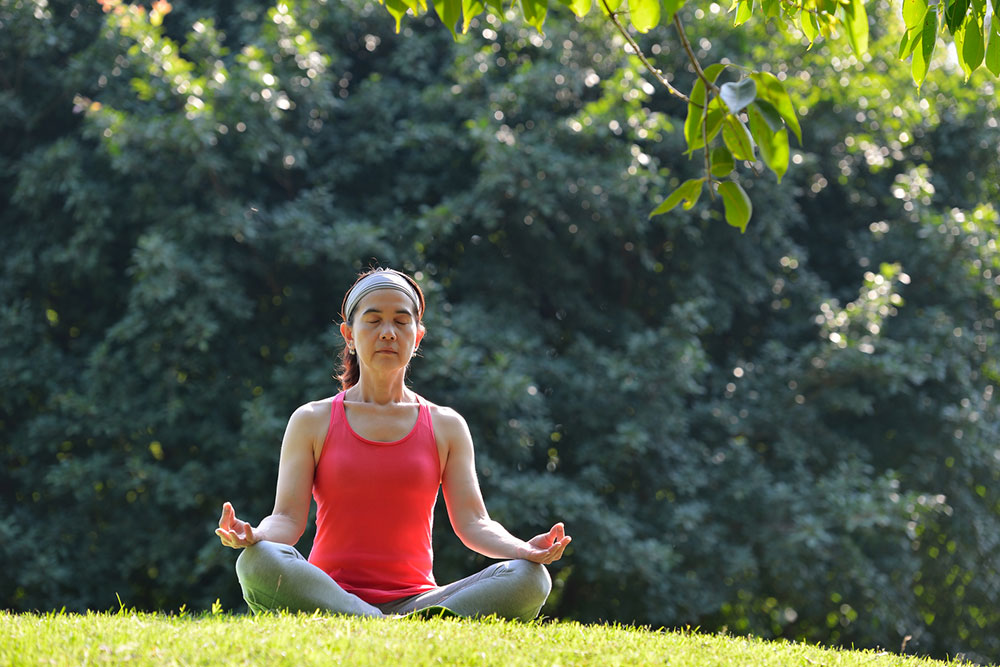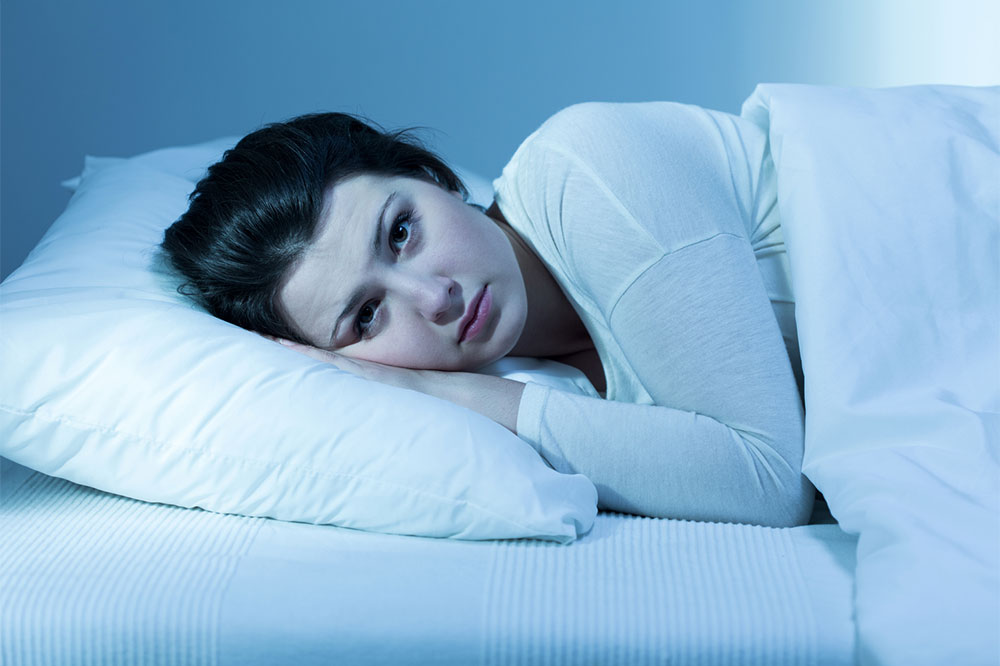Comprehensive Natural Approaches to Improve Sleep Quality for Better Health
Discover comprehensive natural strategies to improve sleep quality, including herbal drinks, exercise, melatonin supplements, and mindfulness practices. These approaches promote restful sleep and overall well-being without relying on medication, making them ideal for those seeking healthier lifestyle choices. Incorporate these scientifically supported methods into your routine for lasting results and enhanced daily vitality.

Comprehensive Natural Approaches to Improve Sleep Quality for Better Health
Achieving restful, uninterrupted sleep is a cornerstone of maintaining optimal health and overall well-being. Sleep influences nearly every aspect of physical and mental health, from immune function to mood regulation and cognitive performance. However, many individuals face challenges such as insomnia, difficulty falling asleep, or frequent awakenings during the night. While medical treatments are available, many people prefer natural strategies to enhance sleep quality without relying solely on medication. This comprehensive guide explores scientifically supported, natural methods to help you fall asleep faster, stay asleep longer, and wake up feeling refreshed.
Herbal Infusions and Dairy-Based Drinks for Relaxation
One of the most accessible and effective natural remedies is consumption of calming beverages in the evening. Warm milk has long been associated with drowsiness, partly due to its content of tryptophan—a precursor to sleep-inducing neurotransmitters. Additionally, certain herbs like chamomile and valerian root can be brewed into teas that soothe the nervous system. Chamomile is rich in flavonoids with sedative properties, while tart cherry juice has gained popularity because it naturally increases melatonin levels, supporting circadian rhythms. These drinks not only promote relaxation but also create a bedtime routine that signals the body to prepare for sleep.
Regular Physical Exercise to Boost Sleep Quality
Engaging in consistent physical activity is one of the most effective natural methods for improving sleep. Exercise improves cardiovascular health, reduces stress hormones, and enhances mood—all of which contribute to better sleep patterns. Research indicates that adults who engage in at least 150 minutes of moderate-intensity exercise per week—such as brisk walking, cycling, or swimming—experience fewer issues with insomnia and fragmented sleep. For beginners, starting with light routines of around 20 minutes daily, such as stretching or yoga, can be beneficial. It's essential to schedule workouts earlier in the day, as exercising too close to bedtime may interfere with falling asleep due to increased alertness and adrenaline. Consulting with healthcare professionals can help tailor exercise routines suitable for individual health conditions and schedules.
Melatonin Supplements to Regulate Circadian Rhythms
Melatonin is a hormone naturally produced by the pineal gland in response to darkness. It signals the body that it's time to sleep, aligning biological rhythms with the 24-hour day. Modern lifestyles, characterized by excessive exposure to artificial light from screens and electronic devices, can suppress melatonin production, leading to sleep difficulties. Melatonin supplements are widely available and can be an effective short-term solution for jet lag, shift work, or irregular sleep schedules. However, they should be used cautiously under medical supervision, as inappropriate dosages or inconsistent use may disrupt circadian synchrony. Choosing reputable brands with standardized dosages ensures safe use. Incorporating melatonin supplements into a consistent bedtime routine can help reinforce natural sleep signals.
Meditation and Mindfulness Practices for Deep Relaxation
Meditation techniques focus on controlled breathing, focused attention, and mindful awareness, all of which promote relaxation and stress reduction. Practicing meditation for around 15 minutes daily—either in the evening or before bed—can significantly improve sleep quality by calming racing thoughts and reducing anxiety. Guided meditation sessions are available through apps and online resources, making this practice accessible even for beginners. Consistent mindfulness practice not only enhances sleep but also improves overall mental health and resilience against stress. Medical research supports meditation as a safe and natural method to foster a relaxed state conducive to restful sleep.
Yoga and Gentle Movement for Physical and Mental Relaxation
Yoga combines gentle stretching, breathing exercises, and mindful awareness—which together can alleviate tension accumulated throughout the day. Regular practice, ideally for 20 minutes daily, improves flexibility, reduces stress, and encourages relaxation of both the body and mind. Specific yoga poses such as Legs-Up-The-Wall, Child’s Pose, and Reclining Twist are particularly effective for calming the nervous system. Practicing yoga about an hour before bedtime can facilitate a smoother transition into sleep, provided movements are gentle and avoid overstimulation. Incorporating mindful breathing during yoga enhances its sleep-promoting effects. As with other physical activities, consistency and a non-strenuous routine are key to maximizing benefits.
Additional tips to optimize sleep include massaging muscles to relieve tension, maintaining a cool and dark sleep environment, and reducing electronic device usage before bed. If persistent sleep issues occur despite these natural strategies, seeking professional advice can help identify underlying conditions like sleep apnea or chronic insomnia. Prioritizing sleep through natural remedies and lifestyle modifications supports overall health, enhances daytime performance, and promotes a healthier life.





